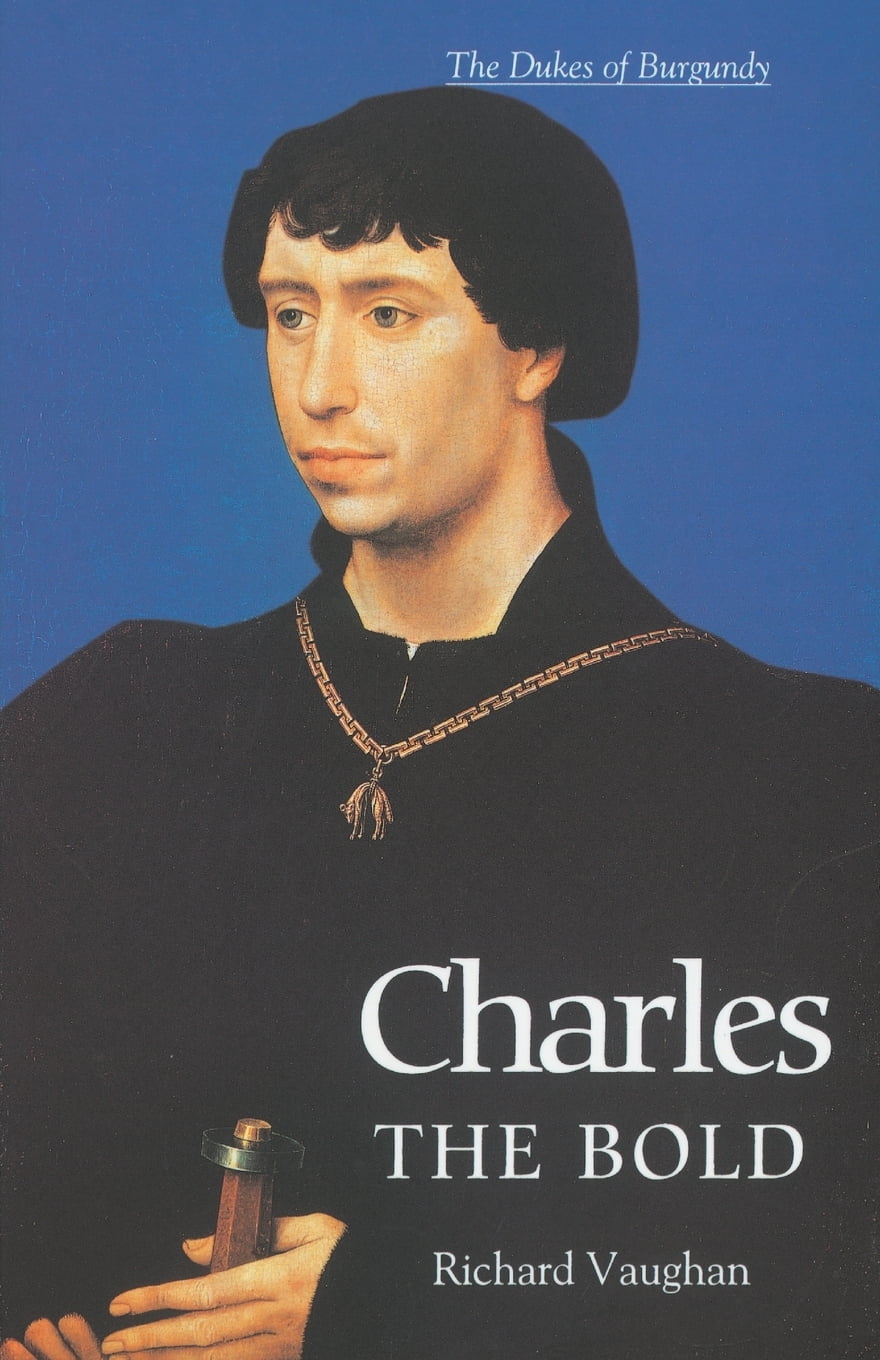

In one instance Kidd and his men attacked the French island of Marie-Galante, destroying the town and looting a small fortune. Here, Kidd and the crew were hired by the island's Governor to protect it from the French, with whom England was at war.Īlthough not paid directly, they were allowed to share in the spoils of captured enemy vessels. Having commandeered the ship, and with Kidd as Captain, they set sail for Nevis, a Caribbean island under British sovereignty. What is known is that in 1689 he was involved in a mutiny aboard a pirate ship sailing the Caribbean. Joan of Arc's Death at the Stake by Hermann Anton Stilkeīorn in Scotland and settling in the newly anglicized New York City, it remains unclear whether Captain Kidd was one of the most notorious pirates in history, or an unjustly accused privateer. To this day, Saint Joan has remained a popular hero in art and cultural works. King Charles VII of France threatened to "exact vengeance" upon the Burgundians and against "the English and women of England" in retaliation for their treatment of Joan. She was imprisoned at Beaurevoir Castle, and despite several escape attempts, including jumping from her 70-ft tower onto the soft earth of a dry moat, her fate was sealed.įor a fee of 10,000 livres, the Burgundians transferred her into English hands at Rouen.įighting for the French cause, the Armagnacs tried to rescue her with several unsuccessful military campaigns against Rouen. Joan captured by the Burgundians at Compiègne. Surrounded, she was pulled off her horse by an archer and surrendered to Burgundian nobleman, Lionel of Wandomme. Her plan failed as she was ambushed and captured by the Burgundians. Joan led an army to help relieve Compiègne by attempting to attack the Burgundian camp north of the city. The French city of Compiègne was under siege from an English and Burgundian force.
#DUKE OF BURGUNDY CHIVALRY CODE SERIES#
In 1430, England was ruled by John, the Duke of Bedford, acting as regent under the child King, Henry VI.Īllied with England, the Duke of Burgundy, Philip the Good, had helped England conquer most of northern France during the preceding ten years.Ī series of military blunders had reignited French patriotism under the leadership of Joan of Arc and Duke John II of Alençon. They persevered to the end in any enterprise begun.It was during the Hundred Years' War between France and England.

Knights always kept their faith and never turned their back on a foe. Knights were to fear God and maintain His Church. They always had to obey those who were placed in authority and were never allowed to refuse a challenge from an equal. Knights not only vowed to protect the weak but also vowed to guard the honor of all fellow knights. Knights were required to tell the truth at all times and always respect the honour of women. Knights vowed to be loyal, generous, and "of noble bearing". Knights not only had to be strong but they were also extremely disciplined and were expected to use their power to protect the weak and defenseless. All knights needed to have the strength and skills to fight wars in the Middle Ages.
#DUKE OF BURGUNDY CHIVALRY CODE CODE#
The Knight's Code of Chivalry was a moral system that stated all knights should protect others who can not protect themselves, such as widows, children, and elders.


 0 kommentar(er)
0 kommentar(er)
